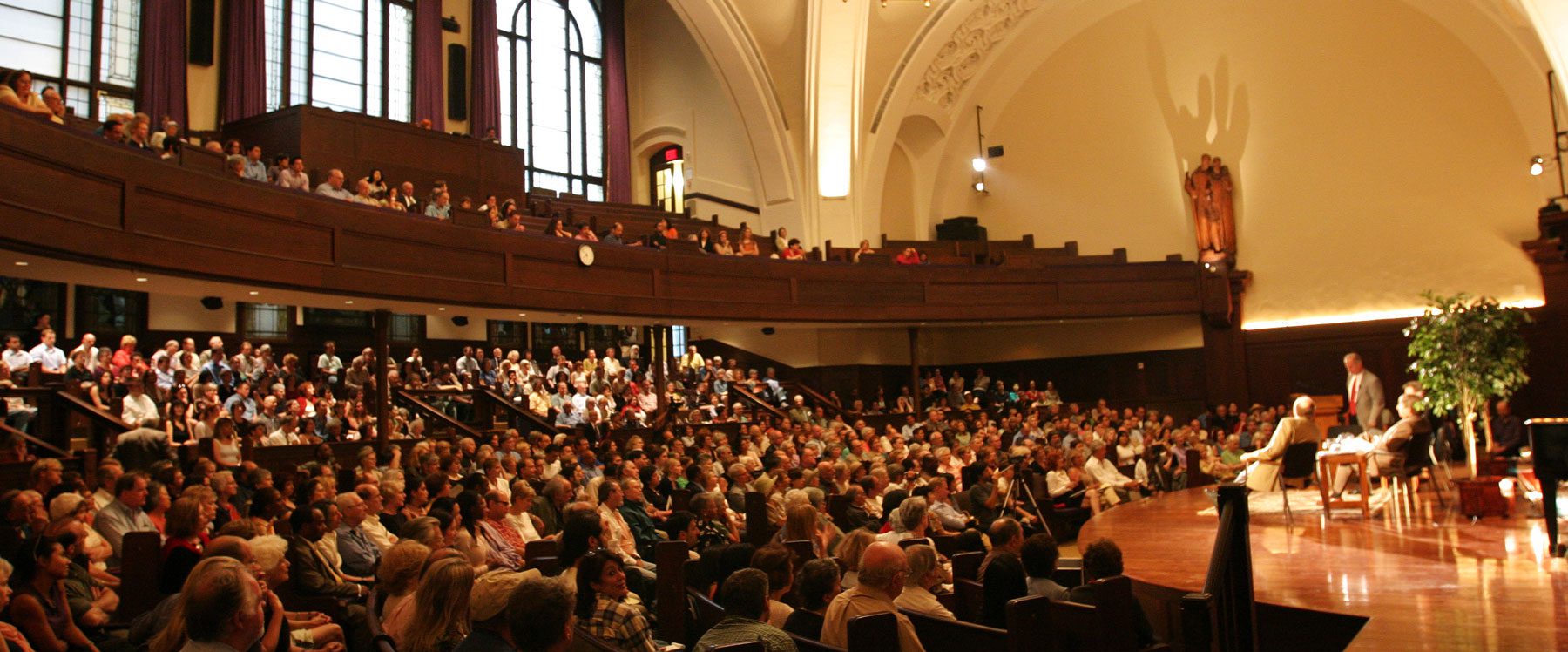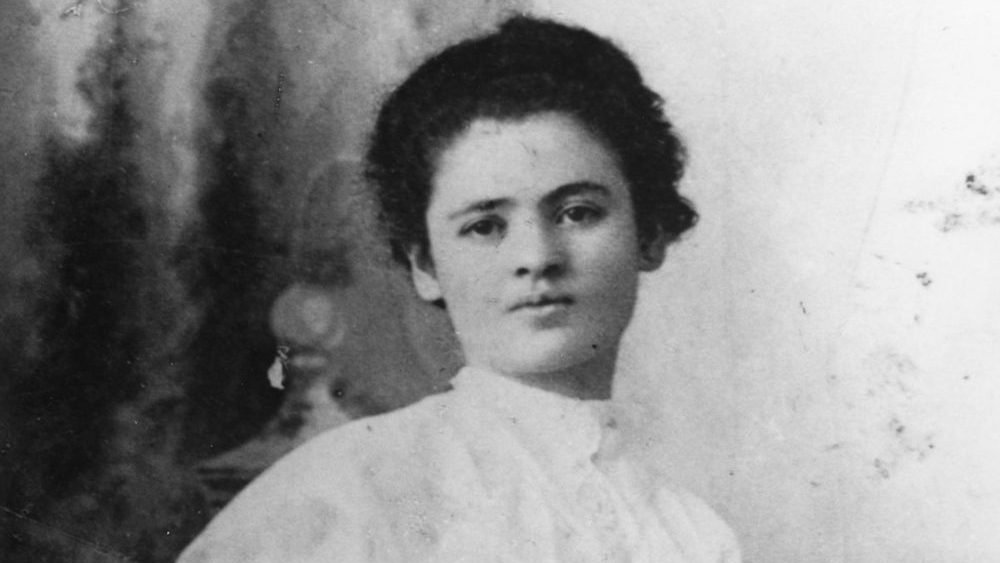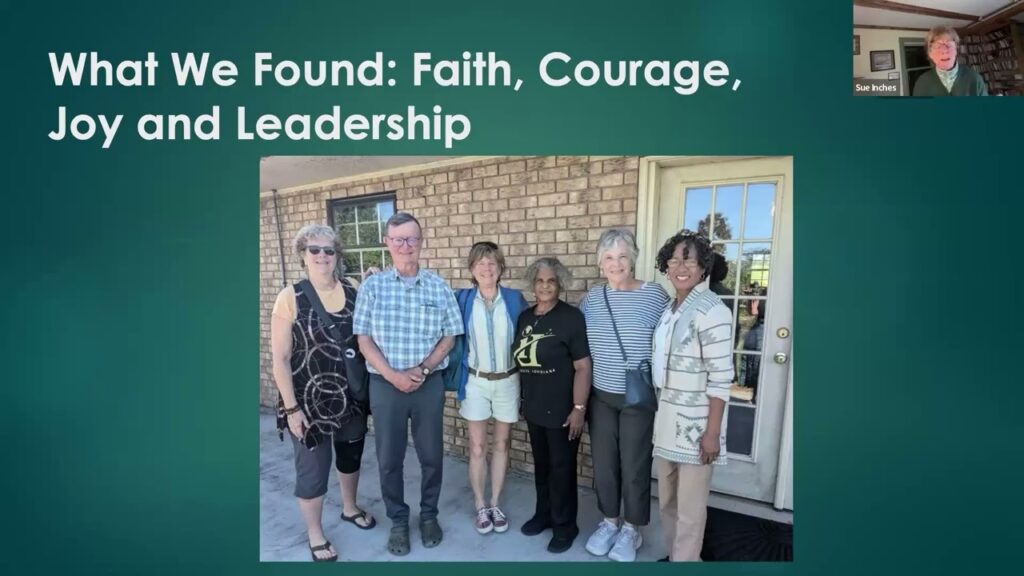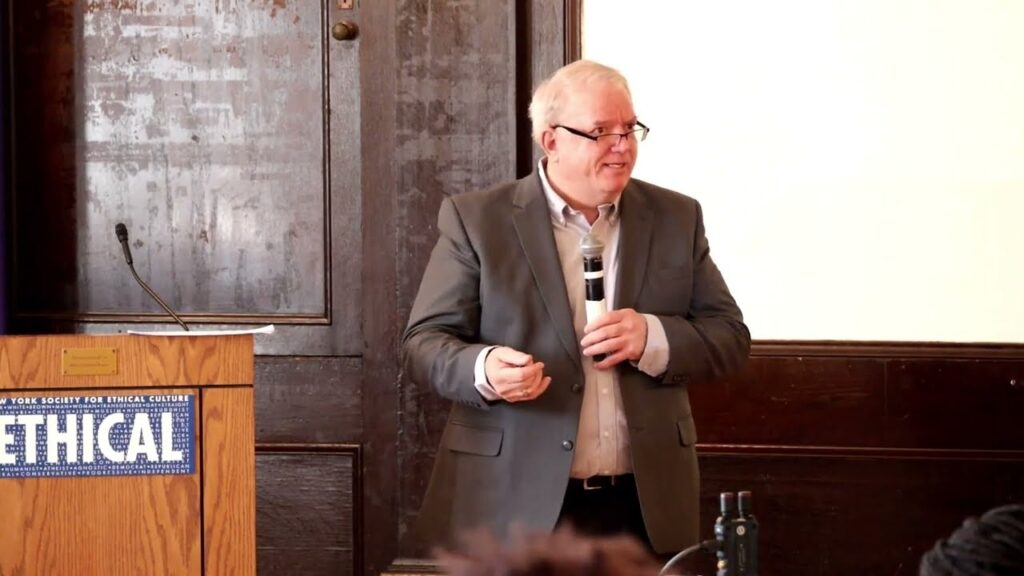
“There is but one truly serious philosophical problem, and that is suicide. Judging whether life is or is not worth living amounts to answering the fundamental question of philosophy.”
The Myth of Sisyphus by Albert Camus
On the evening before the great blizzard of February, I listened to a phone message from a friend: “Call me as soon as you come home.” I knew it was bad news. When I returned her call, I learned that the 24-year old daughter of a woman in our book group had killed herself. She gave me the times of the wake and the funeral.
The next day, when there was a lull in the snowfall, I picked up a shovel and went outside to clear a path down our stoop and on the sidewalk. Before I reached the last step I was weeping. My pastoral counseling training included suicide, and I have read several books and many articles on the subject. I have officiated at the memorials of two middle-aged men who committed suicide. I sat with their families and referred them to survivors groups. I can deal with this, I thought, and yet soon I was wailing, “Why Gillian?” I dug into the snow and hurled it into the street, screaming “It’s just not right!”
At the funeral we friends, who love to read and talk about books, whose children played and grew up together, sat in a row and wept for our friend. According to the American Foundation for Suicide Prevention, “Every 16 minutes someone in the U.S. dies by suicide. Every 17 minutes someone is left to make sense of it.”
The Christian apologist G.K. Chesterton called suicide “the ultimate and absolute evil, the refusal to take an interest in existence,” arguing that a person who kills himself destroys the entire world. Sitting in a pew at St. Francis Church, I was relieved that the church no longer holds that position. My friend needed the solace of her religious faith, especially since she was the only one left in her family who believed.
Immanuel Kant, whose philosophy Ethical Culture founder Felix Adler so admired, wrote “He who contemplates suicide should ask himself whether his action can be consistent with the idea of humanity as an end in itself.” Applying the principle of universality – What if everyone chose to commit suicide? – he deemed it unethical.
On the other hand, the Greek historian Herodotus wrote, “When life is so burdensome, death has become for man a sought-after refuge.” Contemporary philosopher and psychiatrist Thomas Szasz goes further, arguing that suicide is the most basic right of all. If freedom is self-ownership, then the right to end that life is the most basic of all.
Throughout the ages and across the world, there are a myriad of attitudes toward suicide – confusion and anger, glorification and condemnation, as well as multidisciplinary studies in sociology, psychology, and philosophy. Significant advances have been made in understanding the neurological basis of suicidal behavior, and medications have been helpful in treating depression. Still over 33,000 people in the United States commit suicide every year, and it is the third leading cause of death among those Gillian’s age.
At the end of the day, I pulled a book by William Styron, Darkness Visible, off the shelf and read “The pain of severe depression is quite unimaginable to those who have not suffered it, and it kills in many instances because its anguish can no longer be borne. The prevention of many suicides will continue to be hindered until there is a general awareness of the nature of this pain.”
What can we do? Learn about suicide from the American Foundation for Suicide Prevention at www.afsp.org. Refer those in pain to professional therapists. Be present to listen and try to understand. And if all this does not succeed, weep with the survivors and comfort them.







